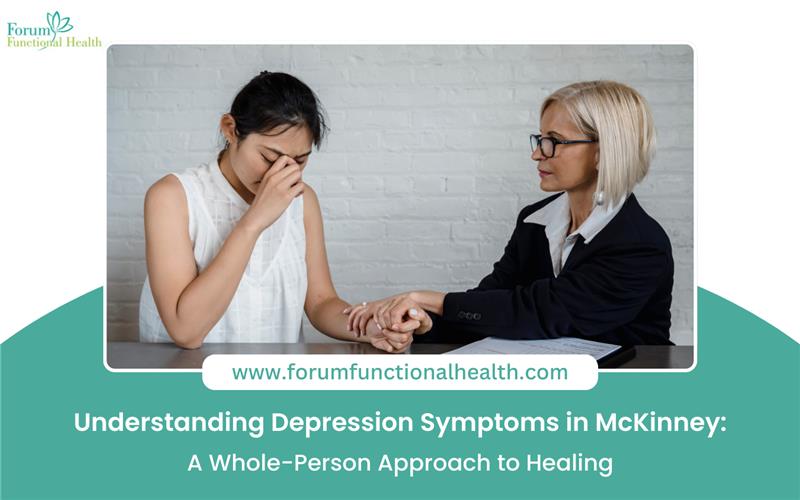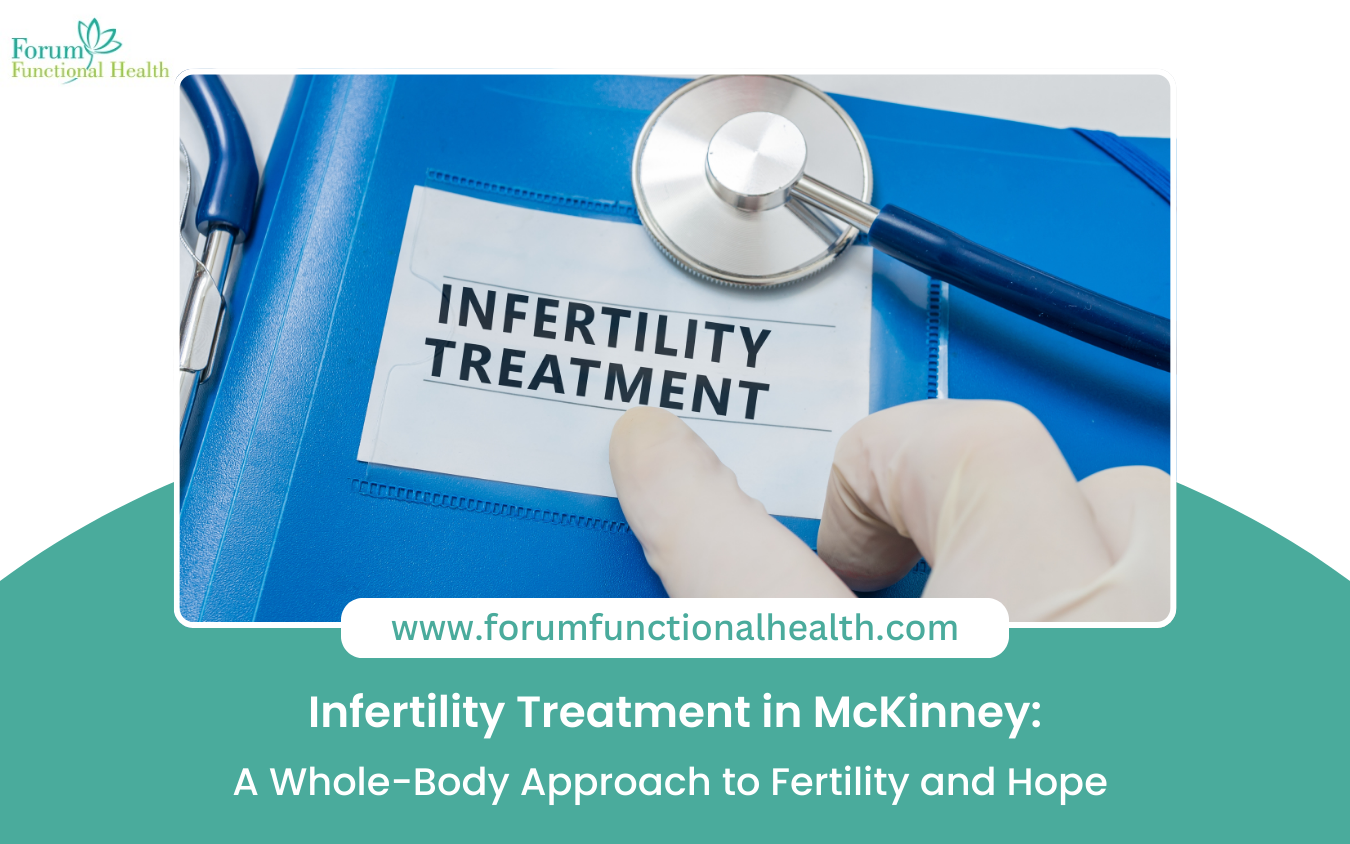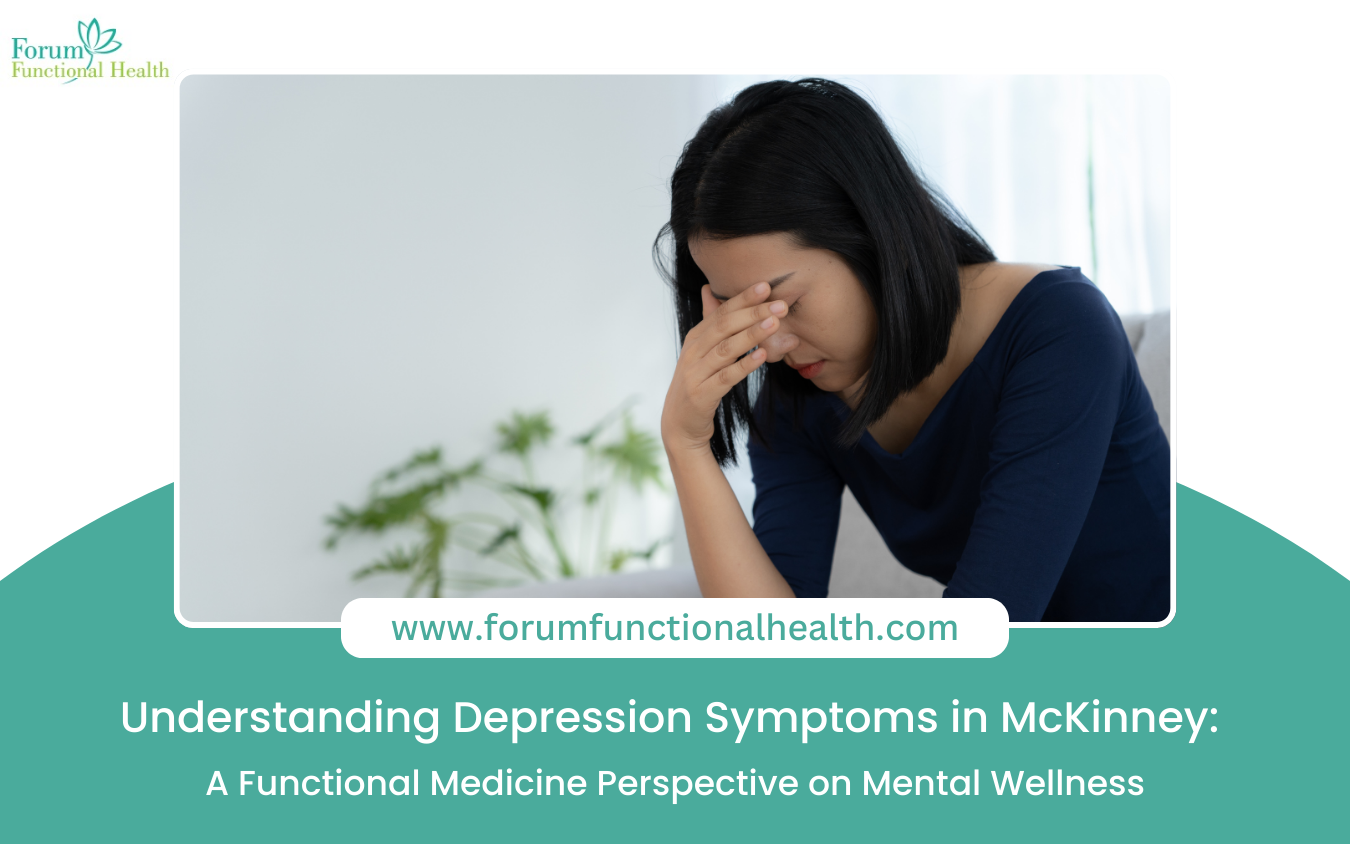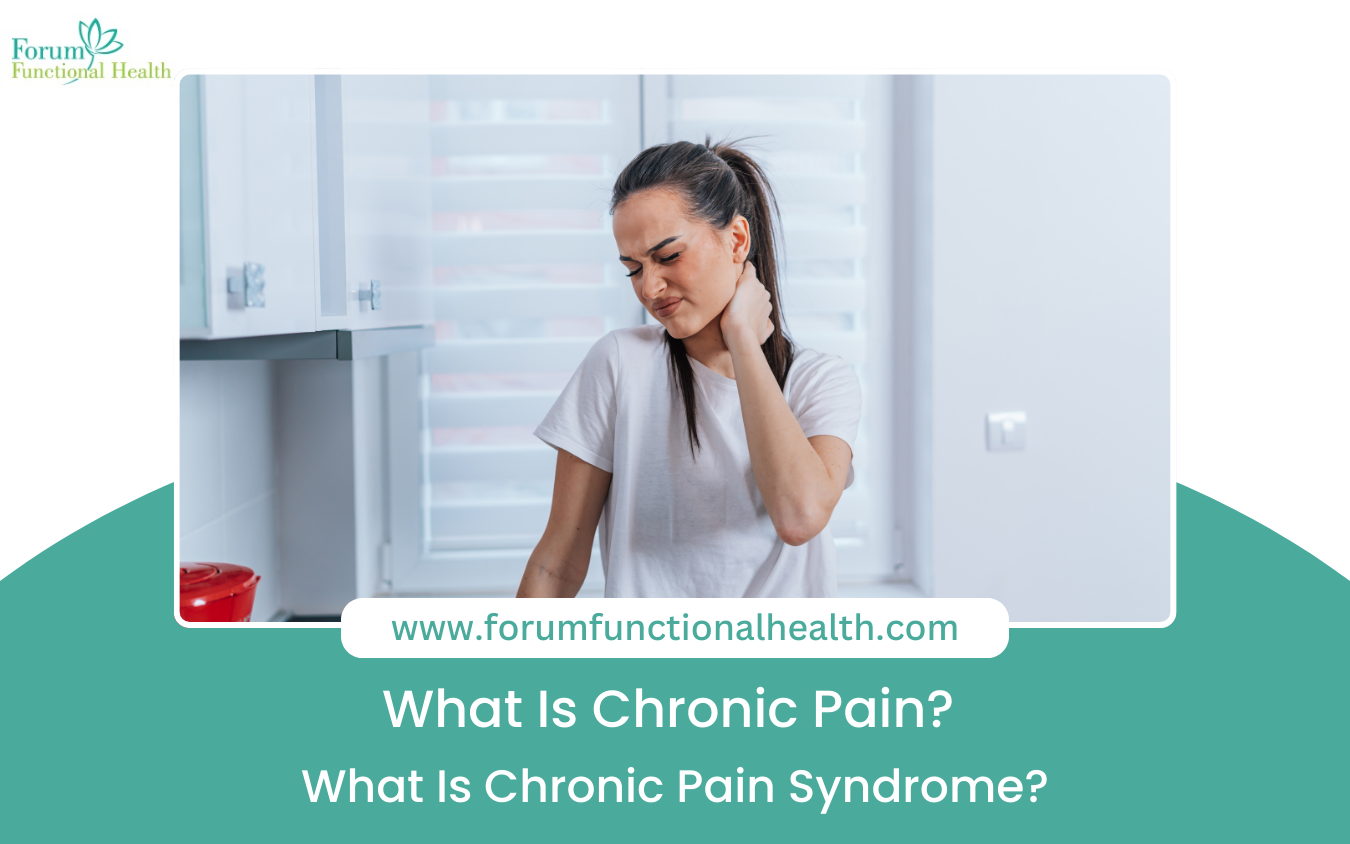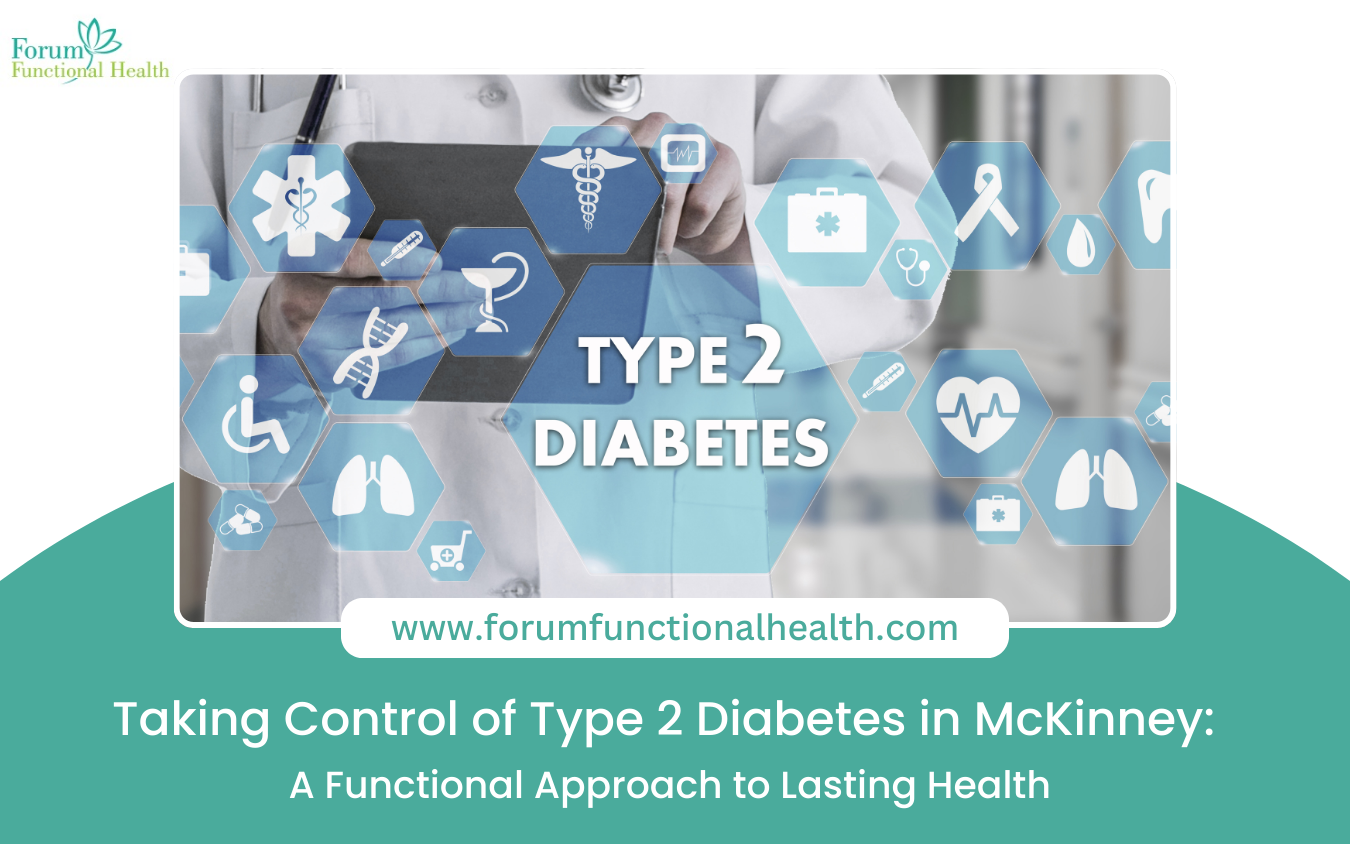A Functional Approach to Hope and Healing: Your Guide to Infertility Treatment in McKinney
Infertility affects millions of individuals and couples every year, yet it’s still a deeply personal struggle that can feel incredibly isolating. The disappointment, the unanswered questions, and the cycle of hope and heartbreak can be…
by Forum Functional Health Center |
May 27, 2025
Finding Relief with Chronic Fatigue Syndrome Treatment in McKinney: A Whole-Body, Personalized Approach to Healing
Waking up already exhausted. Pushing through each day like you’re stuck in quicksand. Feeling foggy, weak, and disconnected from your old self. If this sounds familiar, you may be living with Chronic Fatigue Syndrome (CFS),…
by Forum Functional Health Center |
May 22, 2025
Understanding Depression Symptoms in McKinney: A Whole-Person Approach to Healing
Depression can feel like an invisible weight that you carry alone. It\'s not just about feeling sad—it’s about struggling to enjoy life, feeling exhausted without explanation, and questioning your sense of self. At Forum Functional…
by Forum Functional Health Center |
May 19, 2025
Infertility Treatment in McKinney: A Whole-Body Approach to Fertility and Hope
Infertility can be an emotionally and physically exhausting experience, especially when you\'re unsure of what your body is trying to tell you. Many individuals and couples in Texas struggle in silence, unsure of where to…
by Forum Functional Health Center |
May 15, 2025
Listening to Your Body: A Deep Dive into Hypothyroidism Symptoms in McKinney
Have you ever felt tired no matter how much you sleep? Are you gaining weight despite eating healthy and staying active? Or maybe you just don’t feel like yourself anymore, but you can’t explain why.…
by Forum Functional Health Center |
May 13, 2025
Does Ozempic Make You Tired? Exploring the Connection Between Fatigue and Medication
Have you recently started taking Ozempic and noticed a wave of fatigue settling in? You’re not alone. Many people ask, “does Ozempic make you tired?” — and the answer is more layered than a simple…
by Forum Functional Health Center |
May 8, 2025
Understanding Depression Symptoms in McKinney: A Functional Medicine Perspective on Mental Wellness
Depression is often misunderstood as just “feeling sad” or “being in a slump,” but for millions of people, it’s much more than that. It\'s a deeply personal and often invisible struggle that affects every area…
by Forum Functional Health Center |
May 5, 2025
What Is Chronic Pain? What Is Chronic Pain Syndrome?
Chronic pain is persistent pain that lasts for weeks, months, or even years. Unlike acute pain, which signals an injury or illness, chronic pain can continue long after the initial cause has healed. It affects…
by Forum Functional Health Center |
May 3, 2025
Taking Control of Type 2 Diabetes in McKinney: A Functional Approach to Lasting Health
Living with type 2 diabetes in McKinney can feel overwhelming—but it doesn’t have to define your future. Millions of Americans are managing this chronic condition every day, but the good news is that with the…
by Forum Functional Health Center |
May 2, 2025
11 Proven Ways to Combat Fatigue and Boost Your Energy in Texas
Fatigue can feel like an overwhelming and constant battle. If you\'re dealing with persistent exhaustion, it might feel like there’s no escape. But the good news is that you don’t have to live like this…
by Forum Functional Health Center |
April 28, 2025
Special Consultation Offer
$300 (Reg. $500)
Wednesday –
| 10:00am – 5:00pm |
Saturday–
| 10:00am – 2:00pm |



